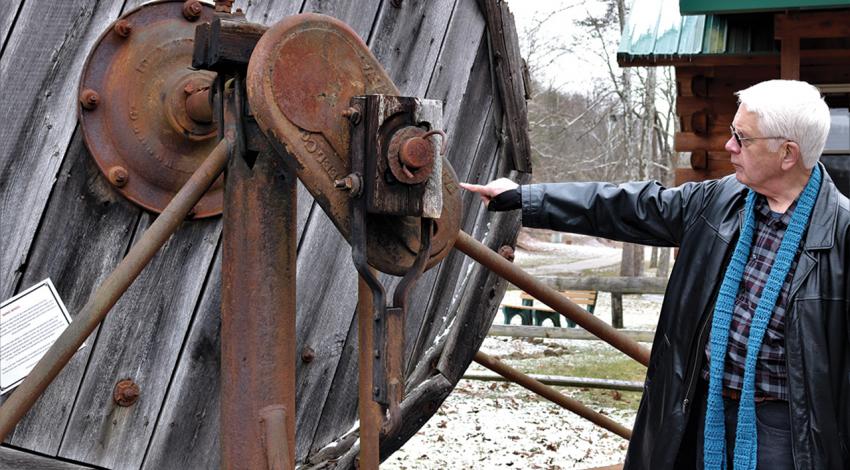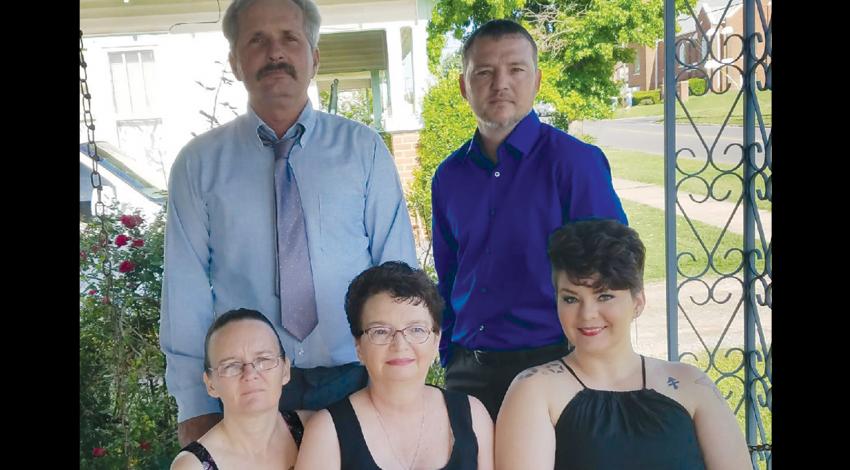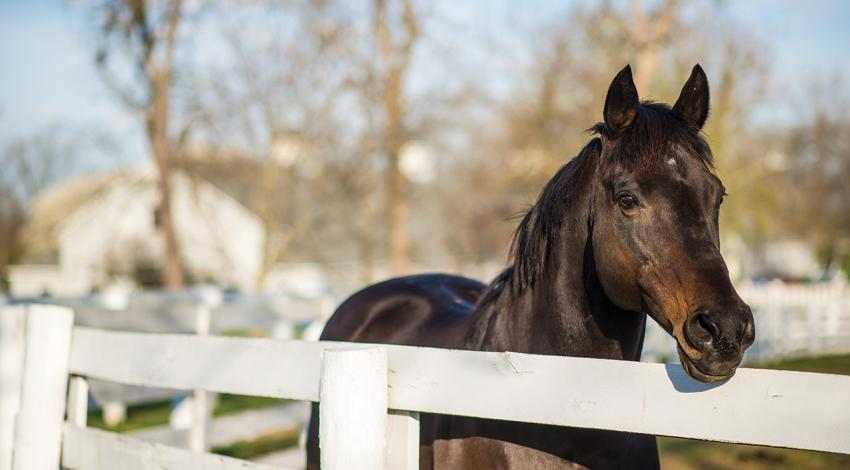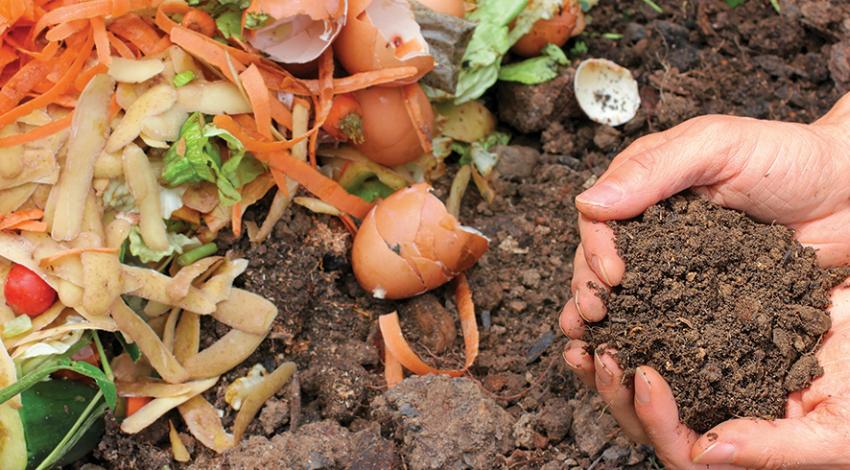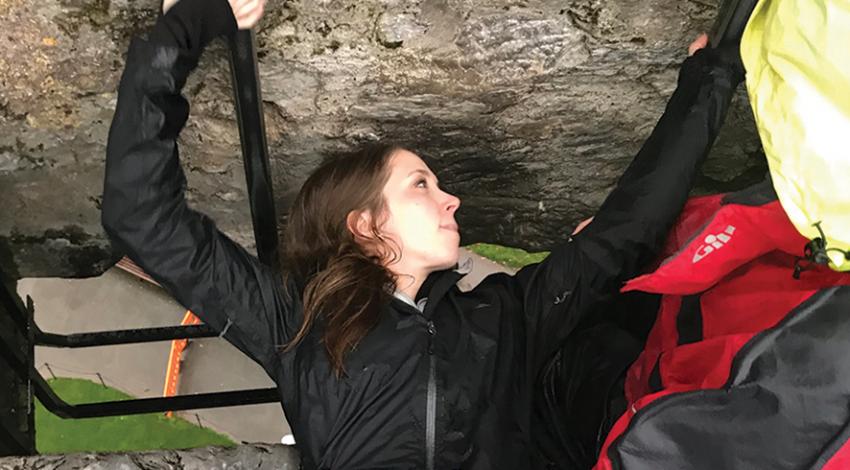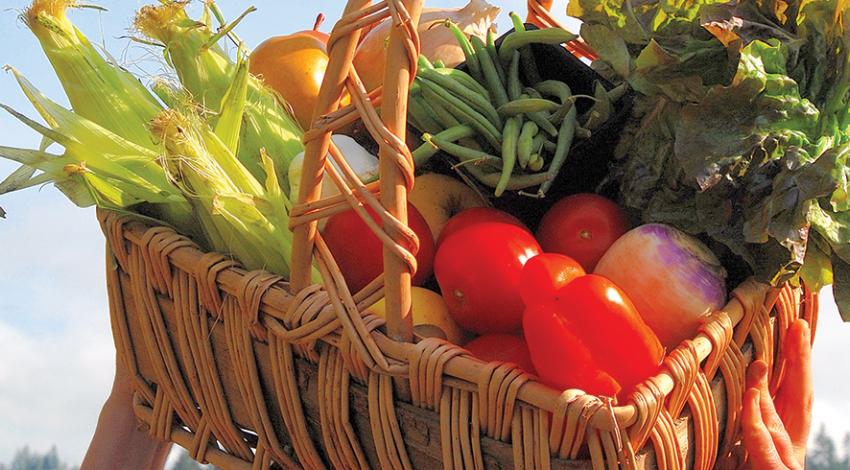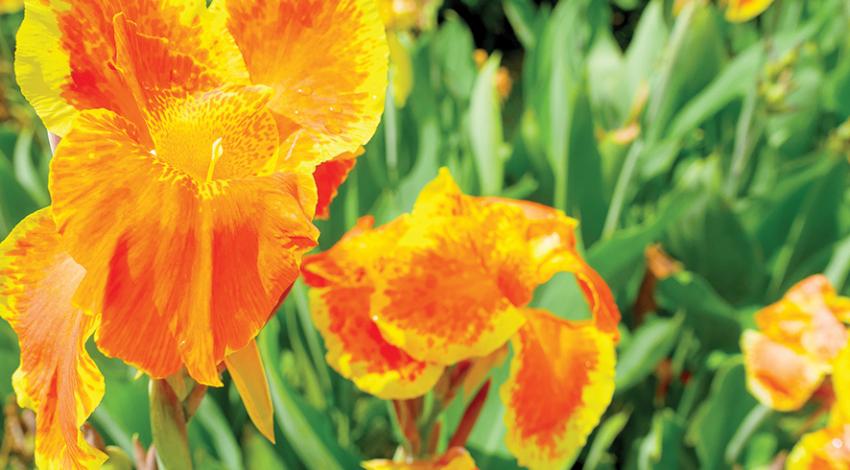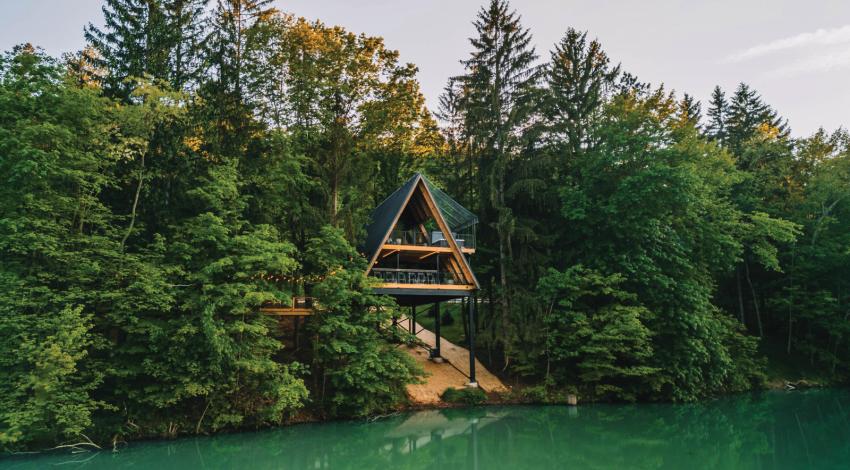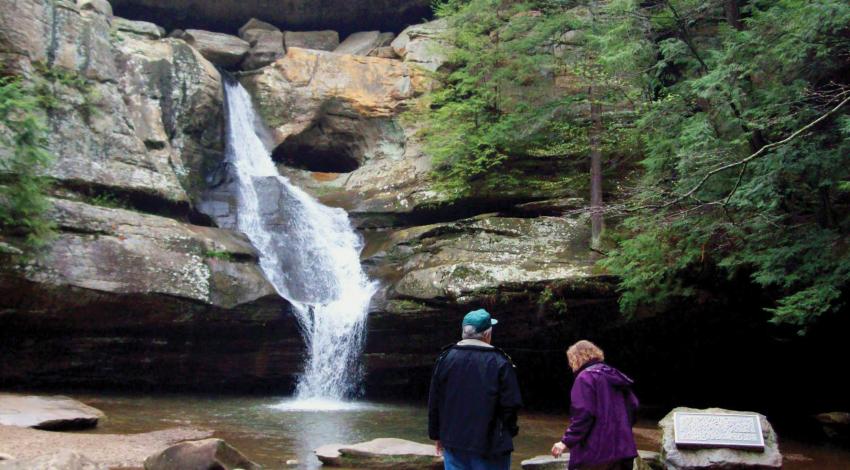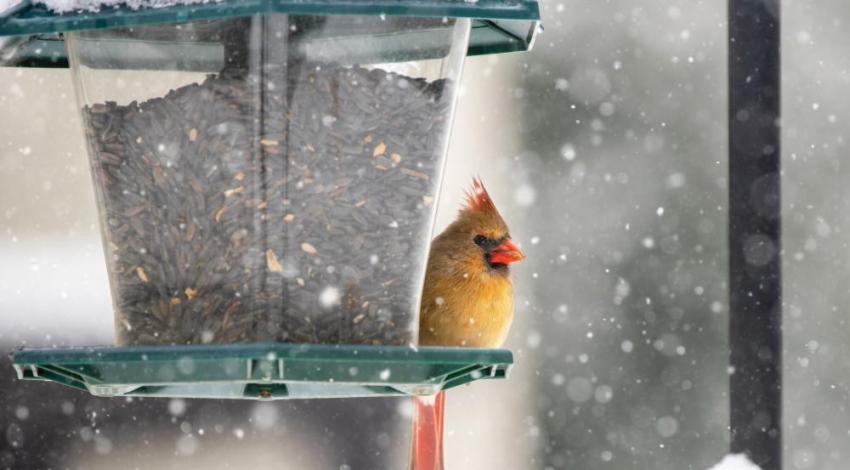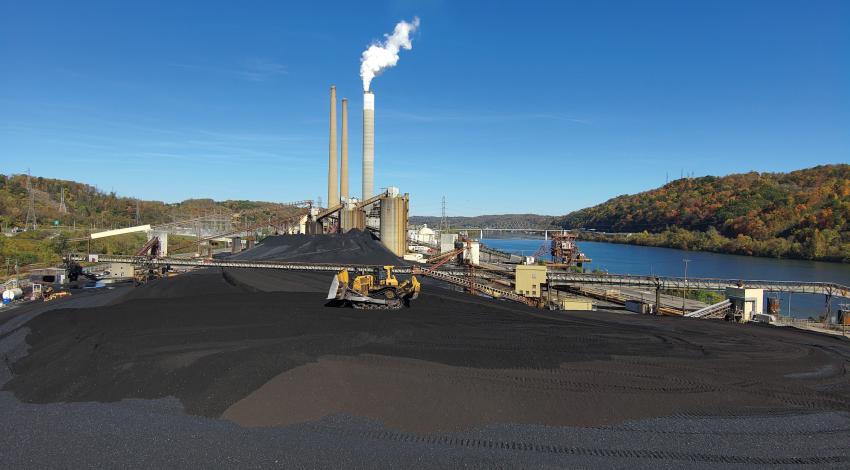On August 4, 1879, before the sun rose over the craggy mountains in western West Virginia, the oil boomtown of Volcano turned into a “lake of fire.” By the time the blaze died, Volcano was almost gone. The post office, opera hall, bowling alley, saloons, and all but a few buildings had been reduced to ash.
The fire didn’t end Volcano’s existence right away, as a few remained to continue oil production, but what had been a bustling burg was on an irreversible path to becoming the ghost town that it is today.
